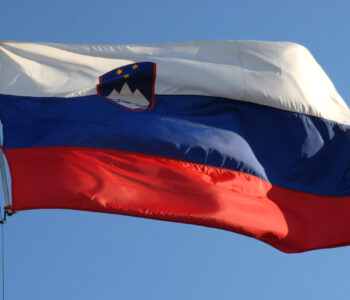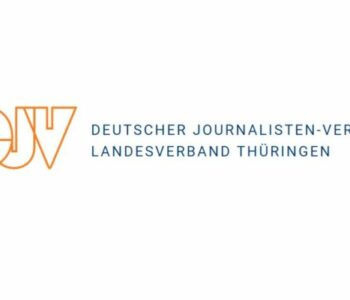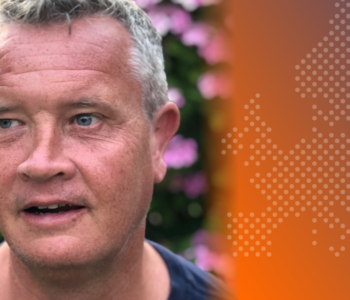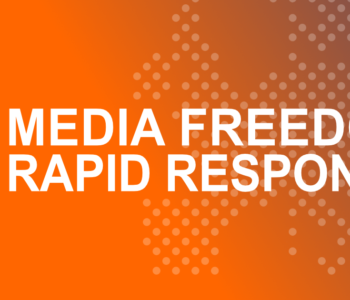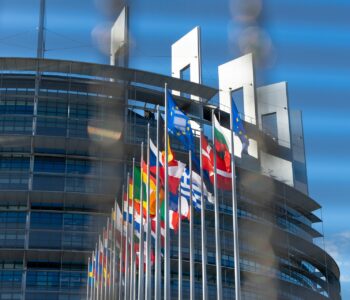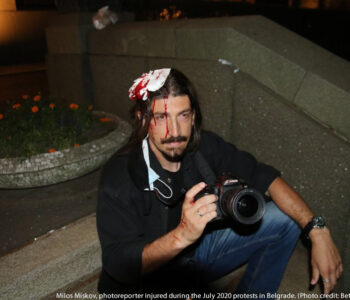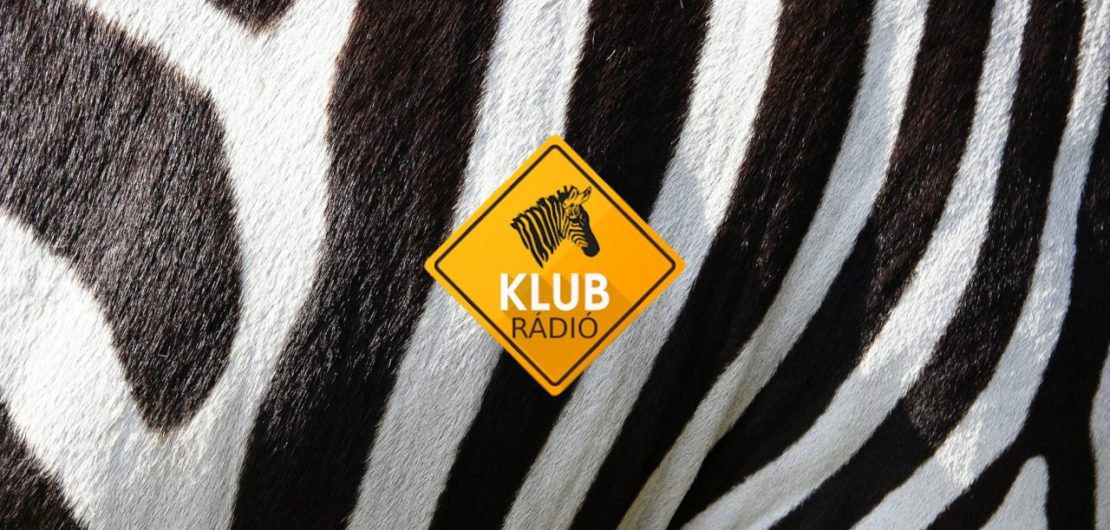
IPI welcomes EU infringement proceedings against Hungary over silencing…
IPI welcomes EU infringement proceedings against Hungary over silencing of Klubrádió
The International Press Institute (IPI) today welcomed the long overdue launch of infringement proceedings by the European Commission against Hungary over the silencing of the country’s last remaining major independent radio station.
On Wednesday the Commission, the EU’s powerful executive body, announced that it would open the procedure against Budapest over a decision by the government-controlled Media Council to reject Klubrádió’s application to return to the radio waves.
“We welcome today’s announcement by the Commission, which confirms what IPI has long argued: the decision by the Hungarian Media Council to deny Klubrádió’s application was arbitrary, discriminatory and clearly intended to silence the station’s critical voice”, IPI Deputy Director Scott Griffen said. “IPI has long urged the Commission to take concrete steps to defend the rule of law and put a halt to the systematic and ongoing state-led erosion of media freedom and pluralism in Hungary over the last decade.
“While this is a significant step and while we hope this will ensure one of the country’s last remaining independent broadcasters is not silenced ahead of elections next year, infringement proceedings and sanctions on Budapest should have started years ago. Going forward, the case of Klubrádió demonstrates the clear need for an ambitious Media Freedom Act which will give the EU a stronger toolbox for intervening in politically motivated regulatory decisions and defending press freedom wherever it is threatened.”
Klubrádió was forced off air in February after the media regulator, which has long been filled with figures appointed by the ruling Fidesz party of Viktor Orbán, rejected the automatic extension for the renewal of its license for the 92.9 MHz frequency in Budapest.
In March, the Hungarian Media Council then rejected Klubrádió’s fresh application for the tender and ruled its bid invalid, blocking it from returning to the frequency it had broadcast on for two decades and muzzling one of the country’s last critical broadcasters.
IPI said the regulator’s decision-making panel had provided several groundless and discriminatory justifications for its judgment, in which it accused Klubrádió of “illegal management” and cited miniscule material programming errors and unjustified concerns over its business plan.
Announcing the infringement proceedings, the Commission said the decision by the Hungarian Media Council not to grant the license was made on “highly questionable grounds” and breached EU law on proportionality, transparency and non-discrimination.
It said Hungary violated EU telecoms rules regarding powers to grant, prolong, renew or revoke use of licenses on the radio spectrum, adding that it believed that the Hungarian national media law had been applied in a “discriminatory” manner.
EU Commissioner for Values on Transparency Vera Jourová said that the Commission had warned Hungarian authorities and urged them to find a solution so that Klubrádió could continue broadcasting, but that it had not received a satisfactory response. The Hungarian authorities now have two months to respond.
Meanwhile, Klubrádió remains in a legal battle with the Media Council over its decision, which the station appealed. In spite on the ongoing legal dispute, the Media Council allocated a six-month provisional license for the 92.9 MHz to Spirit FM, a broadcaster operated by a company affiliated with an evangelical church close to the ruling party. Klubrádió continues to broadcast online.
